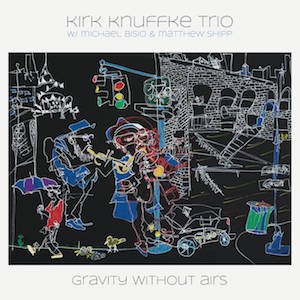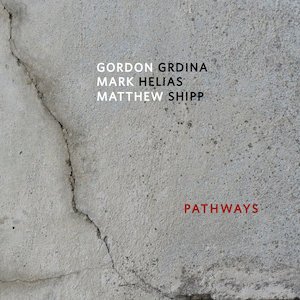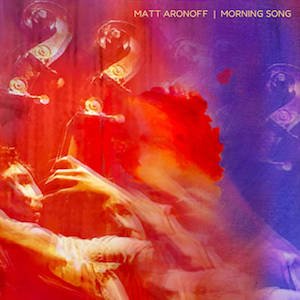Label: Clean Feed Records, 2022
Personnel - Orrin Evans: piano; Eric Revis: bass; Nasheet Waits: drums + Guests: Oliver Lake: alto saxophone; Josh Lawrence: trumpet; Dana Murray: percussion (#4).
The new outing from Tarbaby, the acoustic avant-jazz trio co-led by pianist Orrin Evans, bassist Eric Revis and drummer Nasheet Waits, primarily guests the legendary altoist Oliver Lake, and also greets the up-and-coming Josh Lawrence on trumpet and Dana Murray on percussion on selected tunes. Dance of the Evil Toys, their first album for the Clean Feed label, comprises 11 compositions - three by Revis, two by Lake, two collective improvisations, two surprising covers, and one each by Waits and Lawrence.
The album opens with “Blessed One The Eternal Truth” by the soul jazz keyboardist Trudy Pitts, featuring vocals by Evans over a wonderful accompaniment of bass and brushed drums. The pianist brings out a bright chordal sequence in the B section of the tune and his singing becomes more and more captivating. The two following numbers are by Lake: “Bonu” was originally included in the saxophonist duo album with William Parker, To Roy, and later revisited in 2017 by the Trio 3. This current version features Waits at the outset - his command of the kit involves cymbal washes and subdued tom-tom activity - and then Lake, who formulates his melodies with expressive intonation over a protean texture that never rushes but tentatively swells in intensity. His phrases find echoes in his peers’ actions. The other piece is “Bumper”, where the altoist leads by blowing with eloquence, triumphantly backed by a rhythm team that stretches loose with swinging motions and pulsing vitality. Evans is marvelous in his harmonic deconstructions and Waits gets our attention here again with explicit snare maneuvers and unexpected accents.
The composition that gave the album its title is the first of three Revis offerings. As you may recall, this piece was the opening track of Branford Marsalis’ outstanding album The Secret Between the Shadow and the Soul. This straight eight avant-garde expedition can take us anywhere in our mind, and the simultaneous presence of Lawrence and Murray expedites bass perambulations and other fragmented passages with enough tonal inquiries. The trumpeter’s laid-back “Purple” doesn’t distract from the staples the trio defines for itself, and comes fueled by the distinct yet effective articulations of Lawrence and Lake, who blow their horns both separately and combined. Preceding that, Waits’ “Ke-Kelli” revealed as much enigmatic tones as shifting precision, reaching its apex with a stupefying piano solo over a vamping sequence with stately teamwork between bass and drums.
Tarbaby’s take on Prince’s haunting pop ballad “Sometimes it Snows in April” ends the recording on a soft note. Yet, intuitive players of the highest order like these rarely allow you to rest in their infinite search for something.
Favorite Tracks:
03 - Bumper ► 04 - Dance of the Evil Toys ► 06 - Ke-Kelli








































